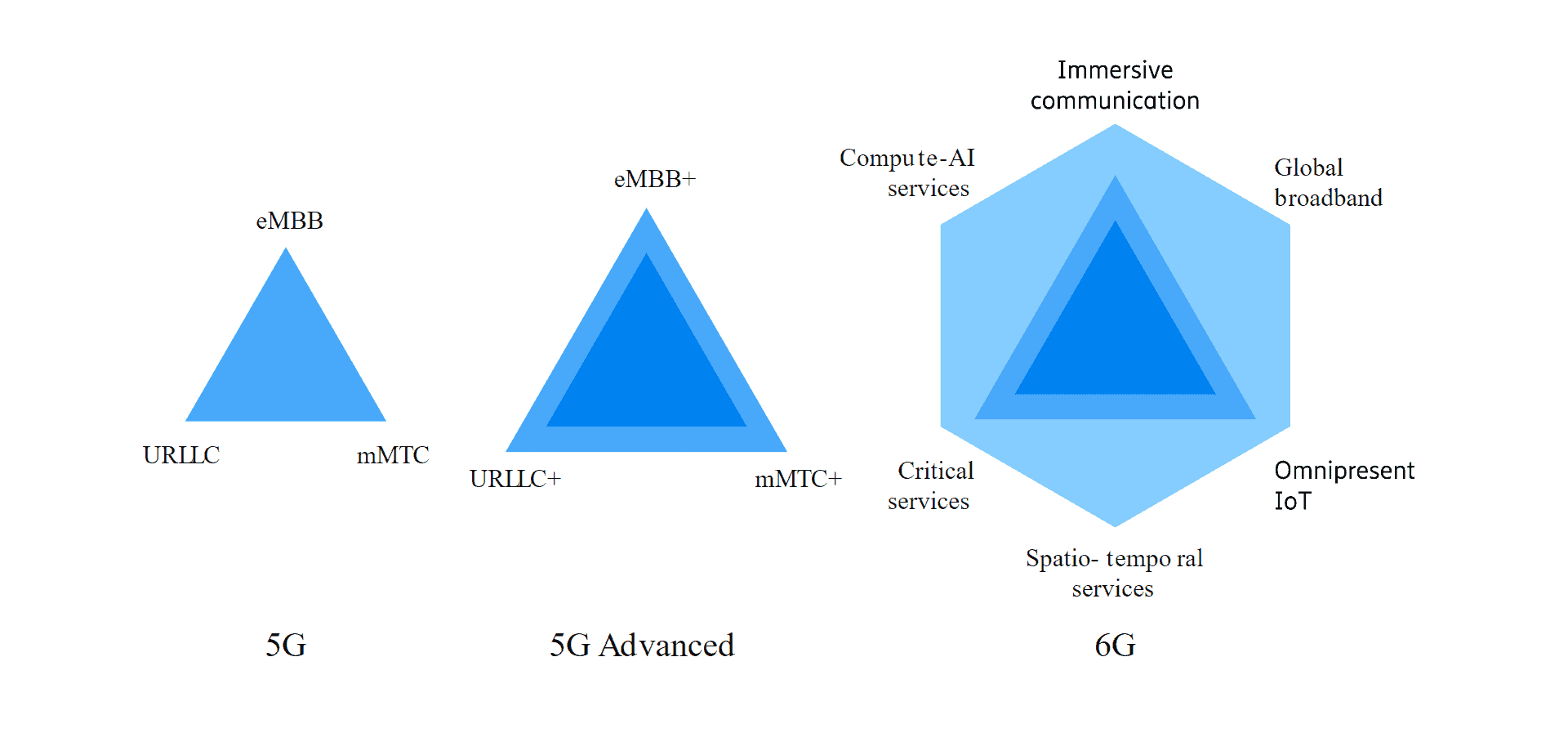While those in the mainstream have only just begun asking “What is 6G?”, experts in the industry are already planning for a shift in the spectrum. 5G service has officially started rolling out in phases despite seeing delays in initial deployment after infrastructure issues like legal disputes with the FAA. And as this commercial 5G debut continues throughout the world, research and development into 6G networks have kicked off, prompting technology companies to begin investing in this next-generation wireless standard. As we move toward a more connected future, we must wonder: will 6G impact the types of experts needed for litigation?
On the Road to 6G Technology
When is 6G coming? As it is still in the R&D phase, it is important to note that this network is not yet a usable technology; this wireless innovation will likely hit the market in 2030 and be fully deployed for public use in the following few years. But 6G likely will not battle the same infrastructure challenges faced during 5G rollouts as it will be building on the previous technology’s existing network, enhancing overall connectivity.

6G will process at a rate of speed that is 1,000 times faster than 5G, operating on frequencies from 95 GHz to 3 THz. It will also operate at a lower latency estimated to be around one millisecond, making data transmission essentially instantaneous.
Nokia expects 6G to springboard off 5G-Advanced, which will start driving public and private networks within the next five years. This new 5G standard will require providers to rework how these connections are created, designed, and deployed, pushing them to provide “robust support for critical network applications, whether via communication service providers (CSPs) or as industry-grade private wireless networks.”
They predict that the upcoming 5G and 5G-Advanced connections will harness the full capability of artificial intelligence and machine learning technology, pushing AI/ML to the forefront of 6G features. This paired with projected innovations in spectrum bands, network sensing, extreme connectivity, automated & specialized architectures, and security will shape the future of wireless as we know it.
As highlighted in our partner briefings, Ericsson points to six new technical capabilities that will come with 6G and the aforementioned innovations: Critical services, immersive communication, omnipresent IoT, Spatio-temporal services, compute-AI services, and global broadband.

What does this mean for litigation?
According to Ericsson, four main drivers will present challenges as we move toward the era of 6G:
- trustworthiness of the systems at the heart of society
- sustainability through the efficiency of mobile technology
- accelerated automatization and digitalization to simplify and improve people’s lives
- limitless connectivity meeting the demands for intensifying communication anywhere, anytime, and for anything
Facing these challenges, though, will likely prompt complex disputes and will require experts in the space to expand upon their knowledge base as this new generation of wireless will be unlike any other. As WIT Advisory Panel member and wireless expert Muriel Medard explained, “6G will bring to bear an unprecedented number of new technologies and new verticals, which will combine to create an even more complex and fraught context for IP matters.”
After 6G R&D comes to a pre-standards phase, it then enters the market competition. Like with 5G and 4G before it, it would be remiss to not expect an influx of intellectual property litigation as major players begin generating 6G-related patents. 5G patent fights between Apple and Ericsson have already boiled over to ignite ITC investigations, and battles over SEPs and FRAND violations are sure to persist as the network continues to expand. These issues and more will follow the birth of 6G in the wireless space, and it’s important to begin preparing now for future fights. And one easy way to plan is by engaging with experts in the space early to ensure your team has the knowledge to ward off disputes.
Below are the types of consulting and testifying experts who know the wireless communications space, it’s evolving capabilities, and the trajectory of rapidly advancing technology:
- Industry insiders who know the wireless landscape and can provide competitive intelligence
- Electrical engineers who understand wireless standards and networks and IoT
- Computer scientists who understand artificial intelligence and spatio-temporal dynamics
- Software communication architects with expertise in connectivity, WiFi, and infrastructure
- Technical experts who can address matters involving chip, antenna, sensor, and cellular design
- Valuation experts who can speak to patent pools, SEP analyses, and FRAND licensing rates
Want more insights on what’s to come in wireless networks? Reach out to WIT for the best experts to inform your litigation strategy. Our expert teams were created to address what we expect to be the key areas of IP litigation in emerging technologies, like 5G/6G. Follow us to stay up-to-date on what is to come in the future of the wireless industry, and contact us to learn more about our partner briefings.




